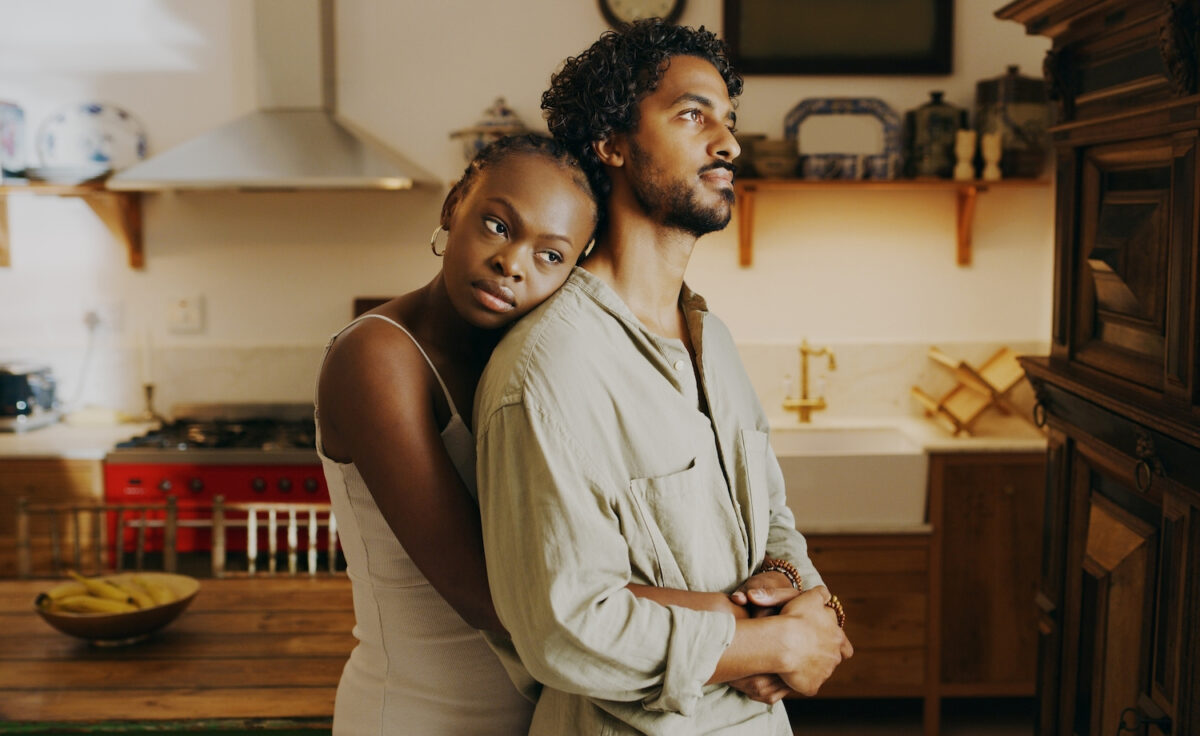There are very few Australians who can honestly say they’ve had a worry-free dating life or relationship, regardless of their gender expression – but Aussie men face an uphill battle, with a lack of good relationship role models and societal pressure to not speak openly about one’s mental health.
Australian men, particularly young Australian men, find themselves bombarded with conflicting messages around sex and relationships right now in 2023.
On the one hand, men are finally being encouraged to be vulnerable and talk about their mental health in a way that previous generations have never encouraged. We’re also finally having some long-overdue societal discussions about things like affirmative consent, sexual violence and sexual health. Men are changing and becoming more accountable. Well, some men are.
At the same time, we’re seeing a rise in reactionary voices; a revival of ‘men’s rights activists’ and ‘pickup culture’. These voices often find traction with Aussie men because, while we’re being told by society that it’s okay to be vulnerable, men often find that they aren’t given the tools or space to properly express themselves.
DMARGE spoke with Chantelle Otten, Australia’s best-known sexologist and relationship expert – who’s just released a candid new Audible podcast series called Sex Therapy – about some of the big challenges facing men when it comes to navigating sex and relationships, and she reckons that Aussie men are struggling because there’s a real lack of positive role models for men to refer to.

“I think that we have a lot of femme role models, and I think we’re starting to see a lot of role models in the LGBTQIA+ space – but I think in terms of heterosexual, cis, masculine people, men, there isn’t a huge amount of role models,” she relates.
“That’s why you see people turning towards losers like Andrew Tate and Jordan Peterson to really learn about what’s right or wrong… And not really questioning some of these narratives that have been thrown their way.”
Chantelle Otten
“What [men are missing] is a role model to really help guide them towards a healthy view of not only themselves and personal wellness but also sexuality and relationships,” Chantelle suggests.
RELATED: Australian Men Are Defying This ‘Macho’ Sex Expectation
It’s a fair point. Indeed, I’ve found in my experience as a writer that while there are plenty of female, femme or queer experts, influencers and role models who are able to talk about sex and relationships, very few of them are men, or talk to men. It’s hard to find experts in the space.
WATCH Chantelle share some tips for flirty lines you can use to keep your long-term relationship fresh and compliment your partner below.
Chantelle also shared that the issues men are coming to her with are extremely varied.
“A lot of them are coming [to me] with performance anxiety issues. We’re seeing erectile dysfunction, premature ejaculation issues, low desire… We also have things like compulsive sexual behaviours towards pornography,” she says – all of which are things men don’t talk about with each other.
Chantelle also finds that men who come to her for advice are questioning modern masculinity – and looking for answers.
“How can I be more modern as a masculine person? How can I make sure I’m respectful? How do I talk about consent? How do I make sure that I’m taking care of the people I’m in a relationship with or could be in a relationship with?”
Chantelle Otten
But, like anything, it’s the things that men don’t talk to her about – or feel uncomfortable talking about – that are sometimes the most revealing.
RELATED: Negative Impact Of Social Media Goes Beyond Australians’ Mental Health, Study Reveals

“In regards to what masculine people are most reluctant to talk about in regards to sexuality, it’s probably mental health and deeper exploration of their backgrounds, and thinking about how they were brought up to communicate their vulnerabilities and their emotions,” Chantelle shares.
“I think there can be some things around sexual orientation and identity that can be challenging. Sexual fantasies, as well. There are a lot of masculine people who can be reluctant to share their sexual fantasies with their partners, because they fear judgment or rejection. And then past trauma and abuse is a challenging one, too, especially if that person may feel ashamed or embarrassed to talk about their experience and may fear being judged or blamed or laughed at. That’s a really sad thing,” she relates.
“I think that we really discount masculine people and their emotions, and I think that sometimes we can use humour to navigate those topics, or we can feel like men have to be tough, and therefore we don’t treat them with the amount of sensitivity that they deserve when it comes to these topics.“
Chantelle Otten
Listen to Chantelle’s new podcast, Sex Therapy, on Audible here.
